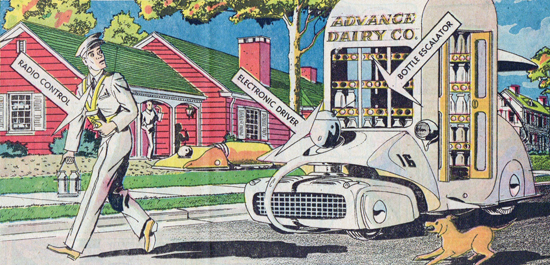TOF could not get up. It is bad enough to have fallen and not get up, but he had not even the excuse of having fallen. Earlier he had napped with the chills, shivering under three comforters. "This can't be good," he thought. Indeed, it could not. Nor could he be pulled from from the sofa by main force. "Perhaps I am sick," he suggested. From his lurking place near the floor, Death cackled, "Aye. Perhaps."
With a great cry, the Incomparable Marge sprang into action and, tucking TOF under one arm flew him off to the emergency room. There may have been an EMS truck involved, but this would have been a mere instrumental cause. Tests were done. The t-shirt and pillow case on which TOF has sweated green were displayed, and all marveled. Green sweat, forsooth! Words like "septic shock" were bruited. The ER Nurse said to the Incomparable Marge: "When it's all over, I'll come out and give you a big hug."
Over? In what way?
As TOF was wheeled off, Death slithered behind, saying, "Can I come along?" But the Resident turned and barred the way, saying, "There is no place in here for you."
In a series of procedures the like of which are fuzzy to TOF, holes were drilled into his right side into the kidney and duct. These had been blocked by a misfortunate kidney stone, resulting in infection by no less than three infections, turning the emesis into a bloody, poisonous pus. "A good touch," said Death, "don't you think? And three infections!
Three!"
In his delerium, TOF heard some one say that what the ER surgeon had done was "the next best thing to saving his life." And TOF was not so far gone in delerium as to note that grammatically the statement made little sense. What exactly is "the next" best thing to that? You've either saved it or not.
The Call went out to the International Team of Top Physicians and they flew in from India, Nigeria, sundry European countries, all located within Easton Hospital. There, they joined in their
Fortress of Solitude and drew on their Spandex uniforms while they Consulted. Okay, they drew on their Spandex gloves. There was THE INTERNIST, the MAN OF HEART, KIDNEY-MAN, DR. P., and the dreaded STONEBREAKER. "My time is not yet," this latter told the others. "KIDNEY-MAN and DR.P must first clear up the infection before I may use my sonic powers." "Alas," said KIDNEY-MAN, "the blocked kidney is not working, observe the pus from the shunts." They rushed TOF into the fortress of the ICU, whose walls were commanded by a formidable Sikh warrior and manned by an array of dedicated fighters name Robin, and Ken, and Angel, and others. Death tried various stratagems, but the Sikh cried out "Il ne passeront pas!"
And Death turned back sulking, and said, "I bide my time."
TOF became delirious from the infection. The MAN OF HEART appeared before him and TOF noted that he had a regular appointment scheduled for that very day, "but I will have to reschedule it."
Also in his delierium, TOF composed a fantasy epic poem that began
Three knights pledged to the Gates of Garth
Came in search of the Jewels of Jazz.
It originally ran longer and ended in a horrid joke; but fortunately TOF's delirium has obliterated most of it.
He also wrote several scenes in THE SHIPWRECKS OF TIME but these, while potentially more useful, also went down the memory hole.
Later came a fighter of another sort: Rev. Elias D. Munyanexa, A.J., who has the ministry to the sick and is resident at the parish TOF afflicts. "I'm scheduled to be lector tomorrow," TOF said. "Let them know I won't be there."
"Mwahahah," said Death. "Shut up," said Fr. Elias, and he led the Incomparable Marge and TOF in prayer. Now those who are not connouseieurs of such things believe that prayers are petitions to suspend the laws of the universe. But Catholics believe the laws of the universe are in fact God's rational will; and this was a Catholic prayer. After the Pater Noster, Fr. Elias prayed that the doctors would find the knowledge and wisdom to learn the path through the rational working of the body to health. Some will recognize this as an appeal to the Three Intellective Virtues.
The kidney was still not working, so they moved TOF to the room used for dialysis preparation, which was scheduled for the morrow.
Later that day, the delightfully-named pastor, Rev. Deogratias Rwegasira, A.J., visited and prayed in much the same manner, adding a Hail Mary because of his special devotion. In between a Eucharistic minister has visited, too.
Thus well-fortified, TOF went to sleep.
In the morning, he awoke and KIDNEY-MAN entered the room.
"The kidney began working overnight!" he cried. Preparations were already underway to move TOF to normal care facilities.
The struggle is still underway, and it is still uphill; though yesterday it was announced that "the kidney has turned a corner," a good thing provided you turn with it. Today, TOF felt well enough to essay this account, whimsical as it is.
"I am not defeated," said Death, where he lay supine on the floor. "You may have defeated me with the heart attack, and now with the septic shock. But in the end, I always win."
And I learned over and whispered maliciously in his horny ear. "Easter is coming."








